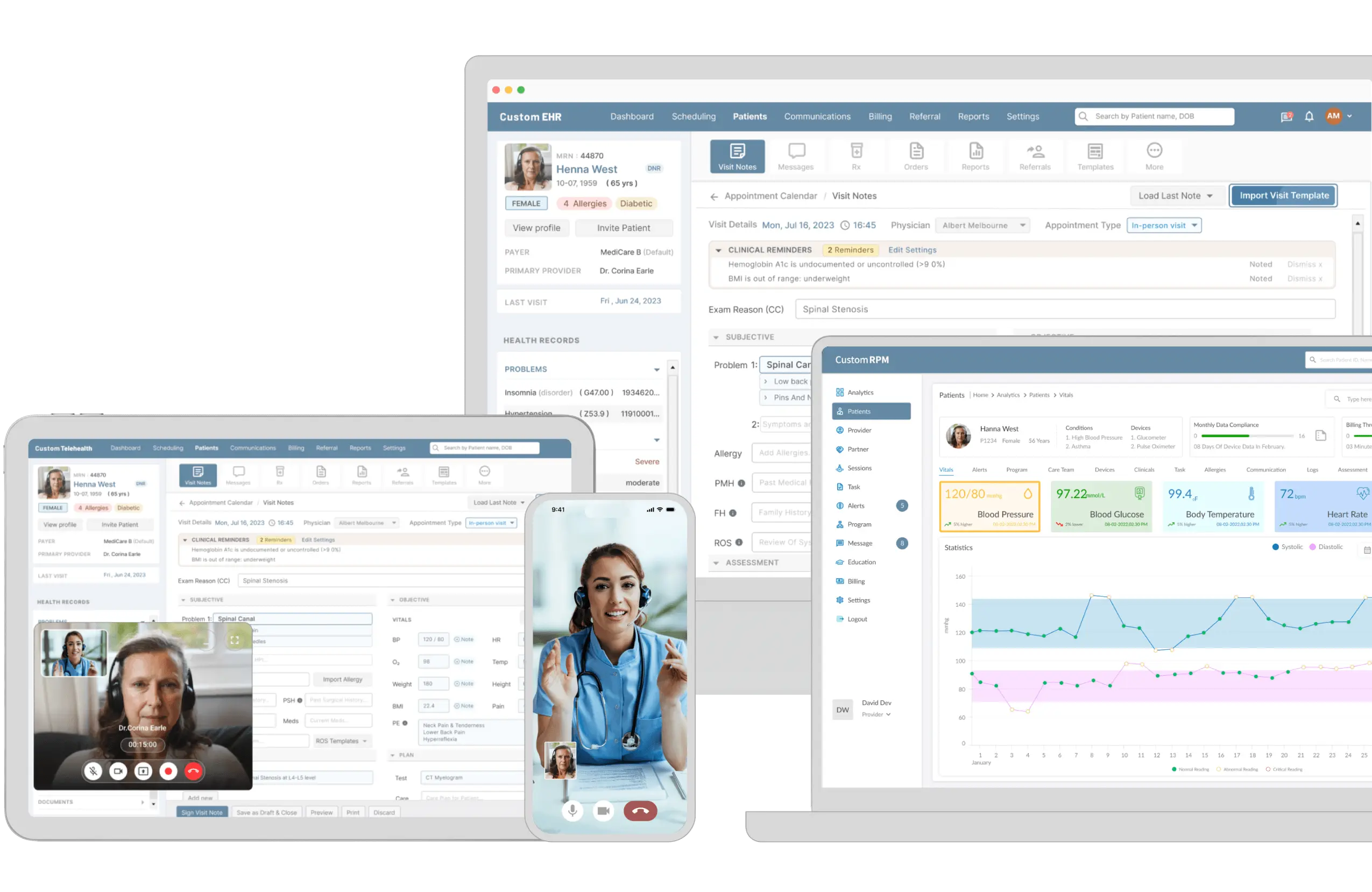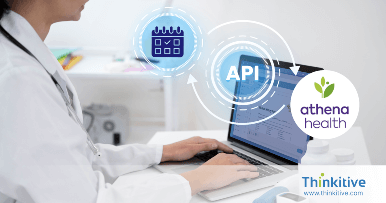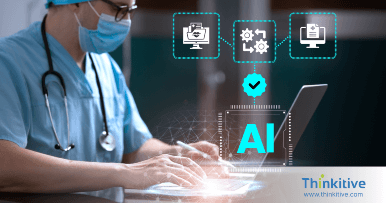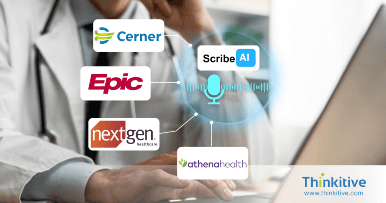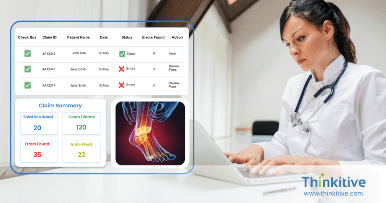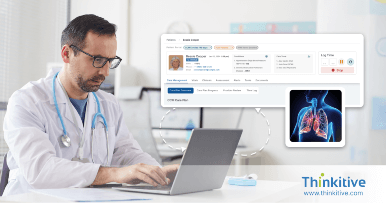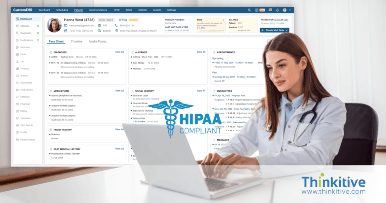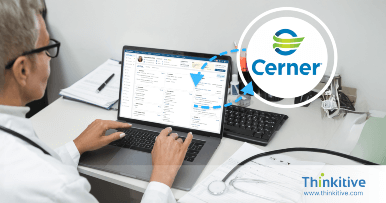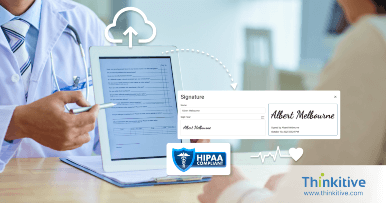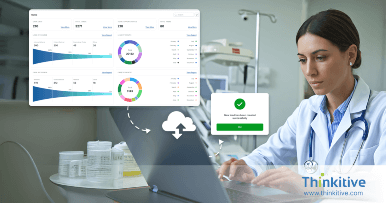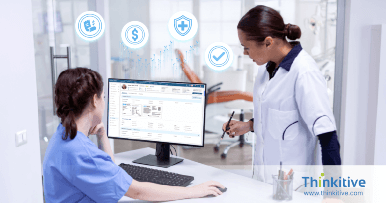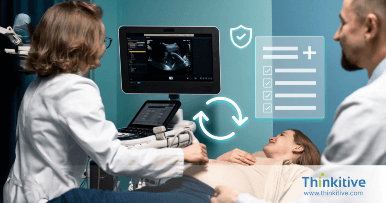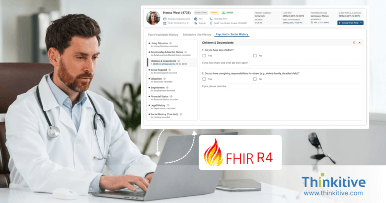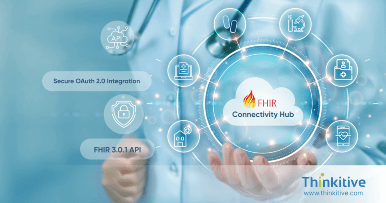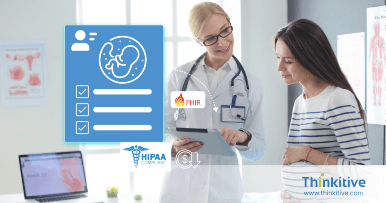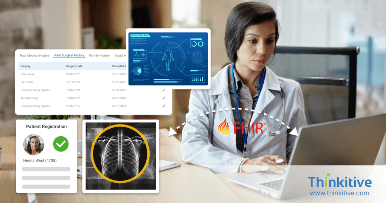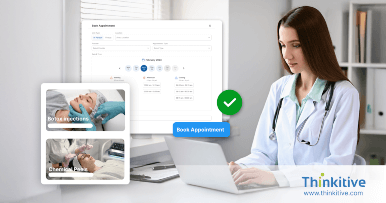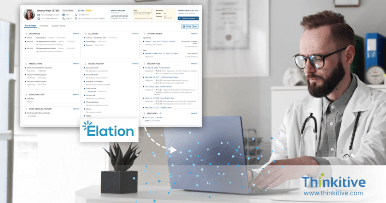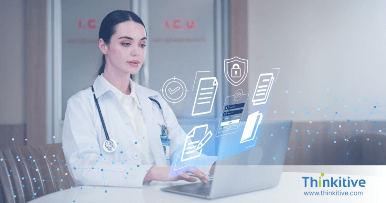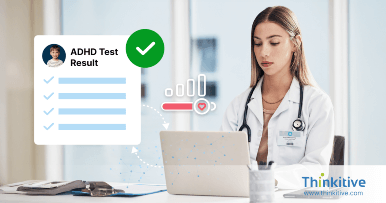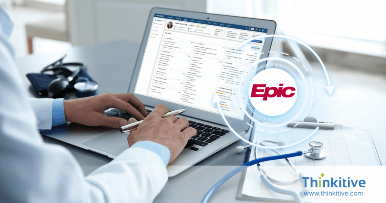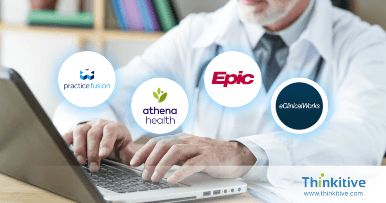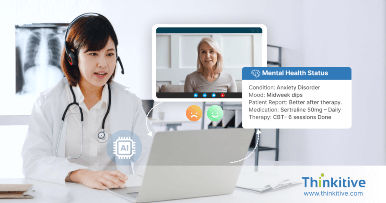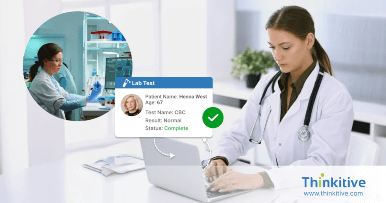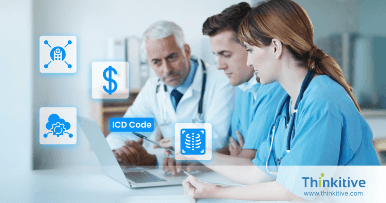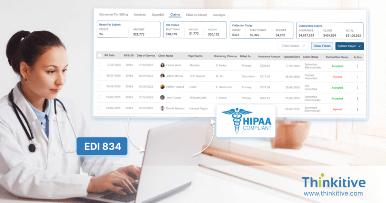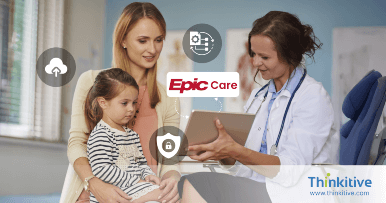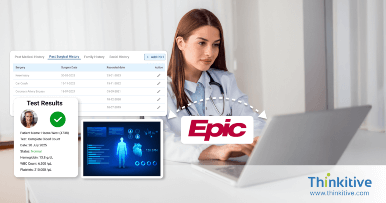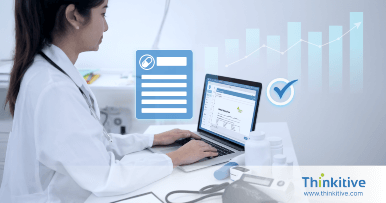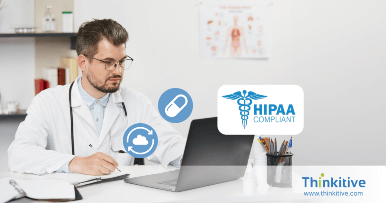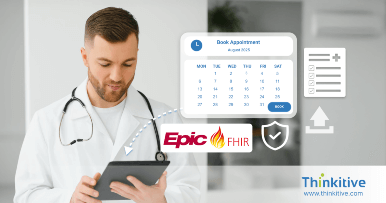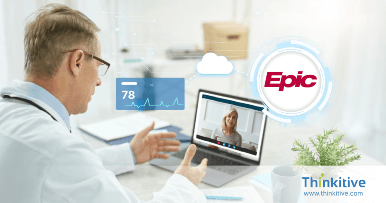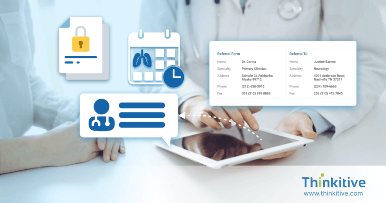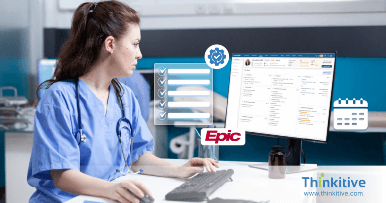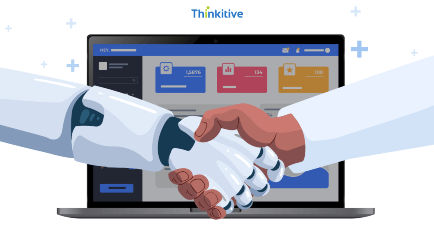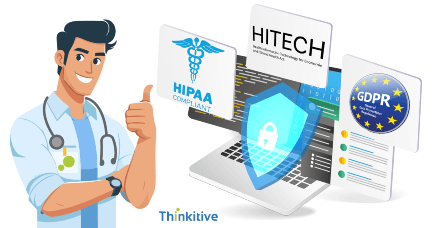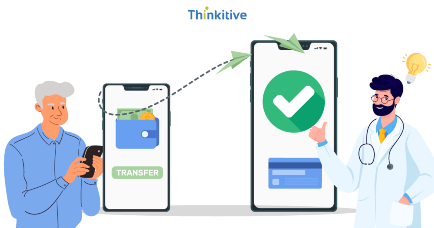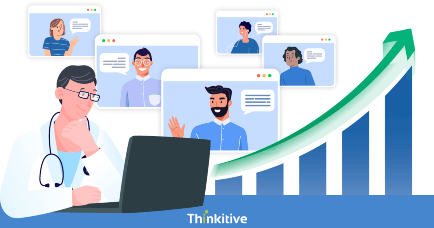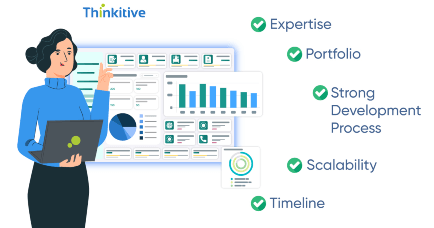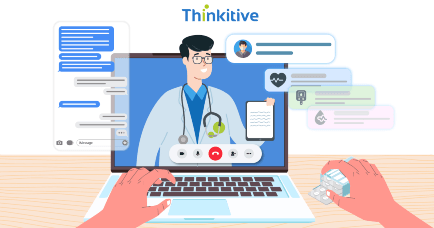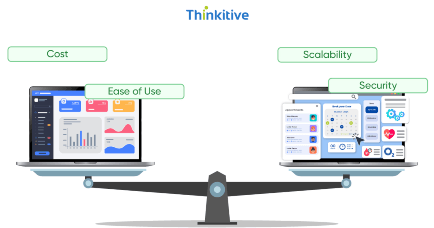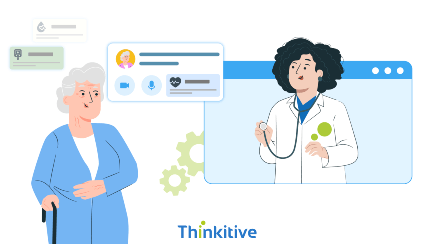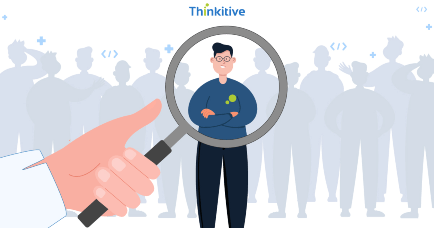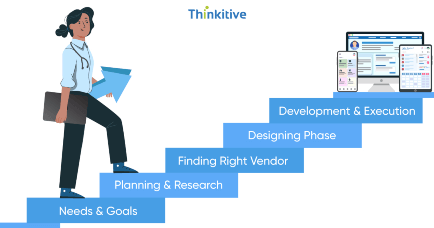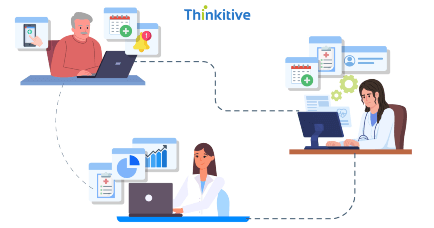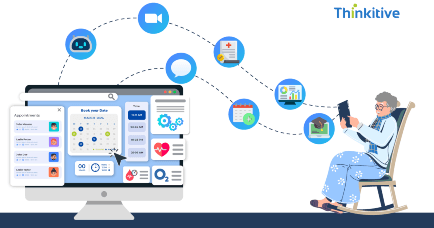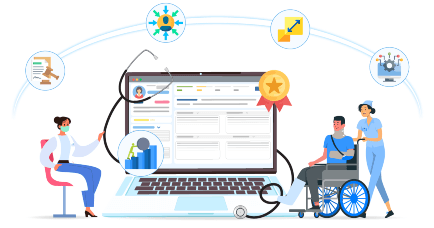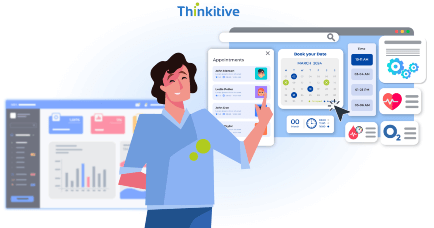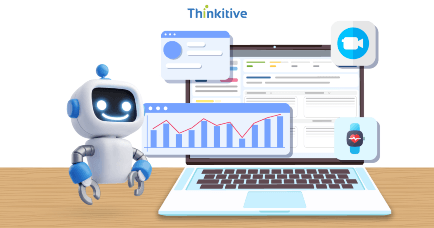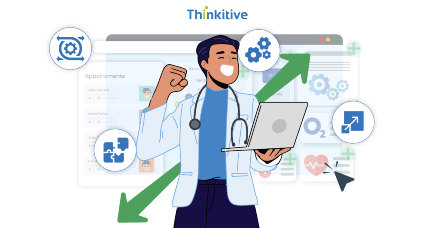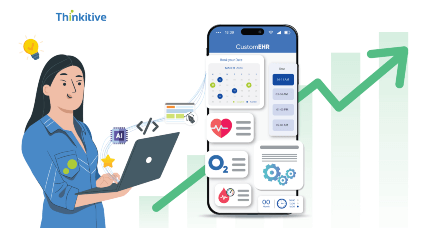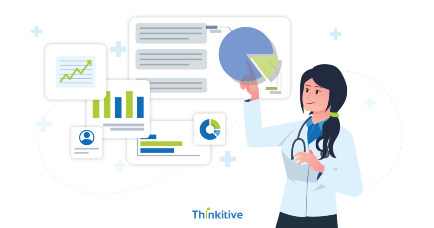Connected Healthcare Ecosystem with Healthcare Interoperability & Integration
Embrace real-time data sharing to deliver coordinated and accurate care with our healthcare interoperability and integration services.
Your first step to building a well-connected network of healthcare software systems for seamless data exchange, compatibility, and coordinated care delivery. Bring your entire care team on the same page, working towards the same goal with interoperable EHR integration in your custom healthcare software.
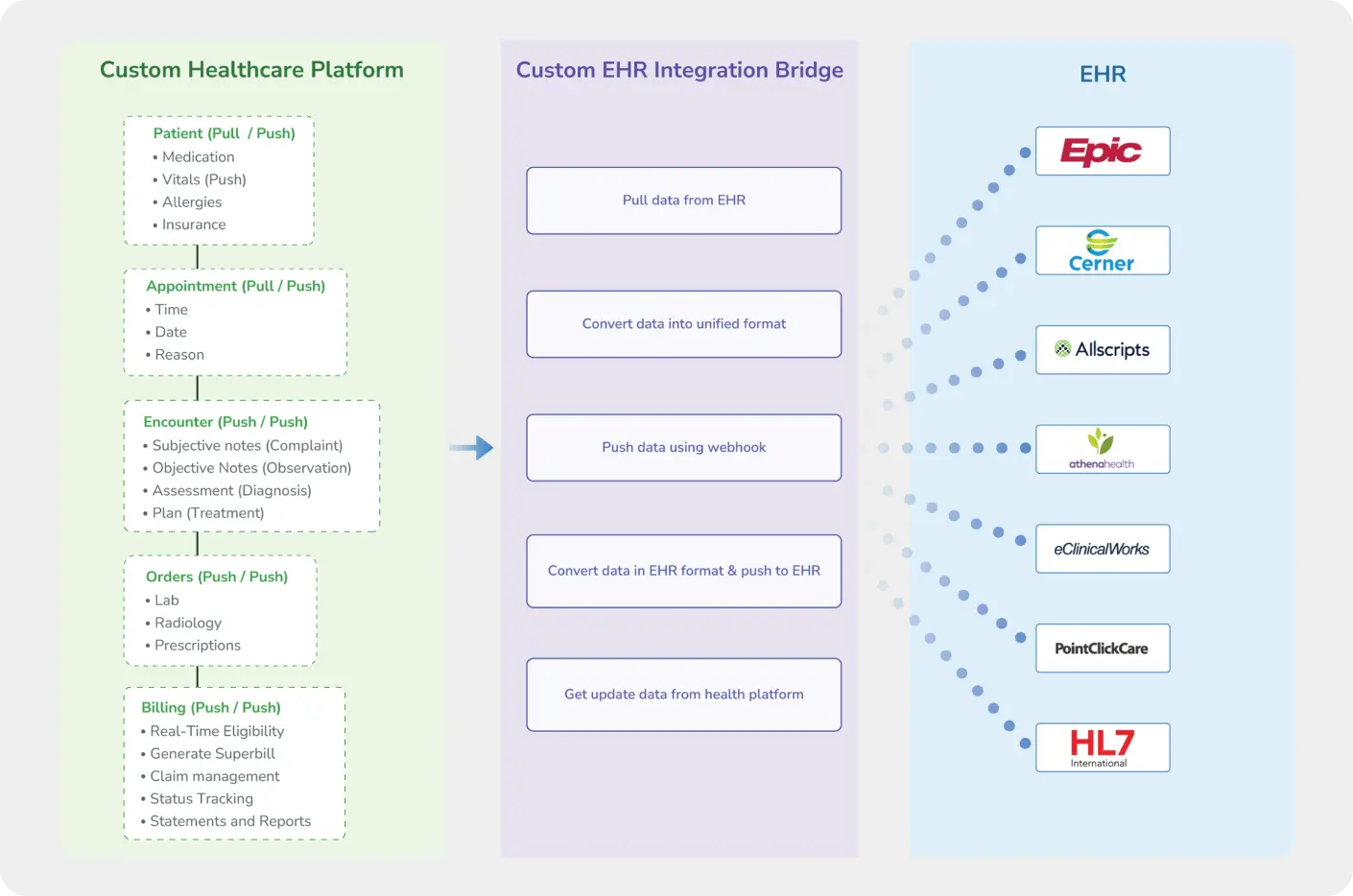
- Seamless Data Exchange with HL7 & FHIR Standards
- Automated Data Reconciliation & Normalization
- Real-Time Clinical Decision Support (CDS)
- Remote Patient Monitoring (RPM) Integration
- Cross-Platform Compatibility
Leverage the power of Substitutable Medical Applications, Reusable Technologies on Fast Healthcare Interoperability Resources (SMART on FHIR) standard to seamlessly integrate your healthcare system with EHR systems by utilizing a common language for instant data exchange.
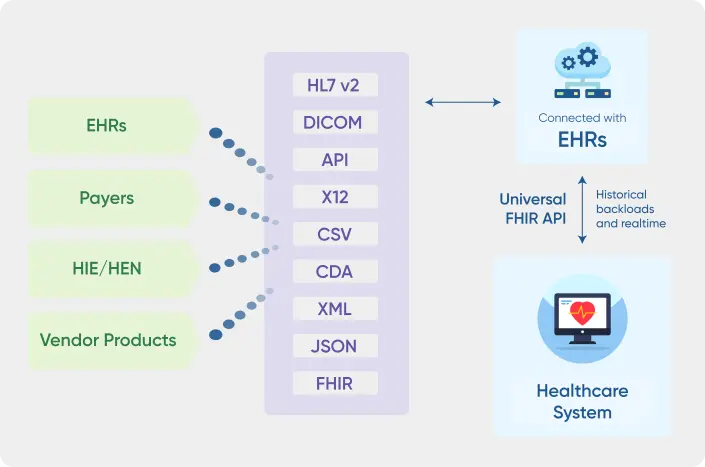
- Single Sign-On with OAuth 2.0
- Standardized API-Based Data Exchange
- Role-Based Access Control (RBAC)
- Support for Bulk Data Access
- Decision Support & CDS Hooks Integration
Upgrade your current healthcare software system to a new platform while aligning it with the latest technologies by simultaneously updating its functionality and architecture. Streamline the flow of data between your and disparate healthcare systems to improve efficiency, security, and scalability.
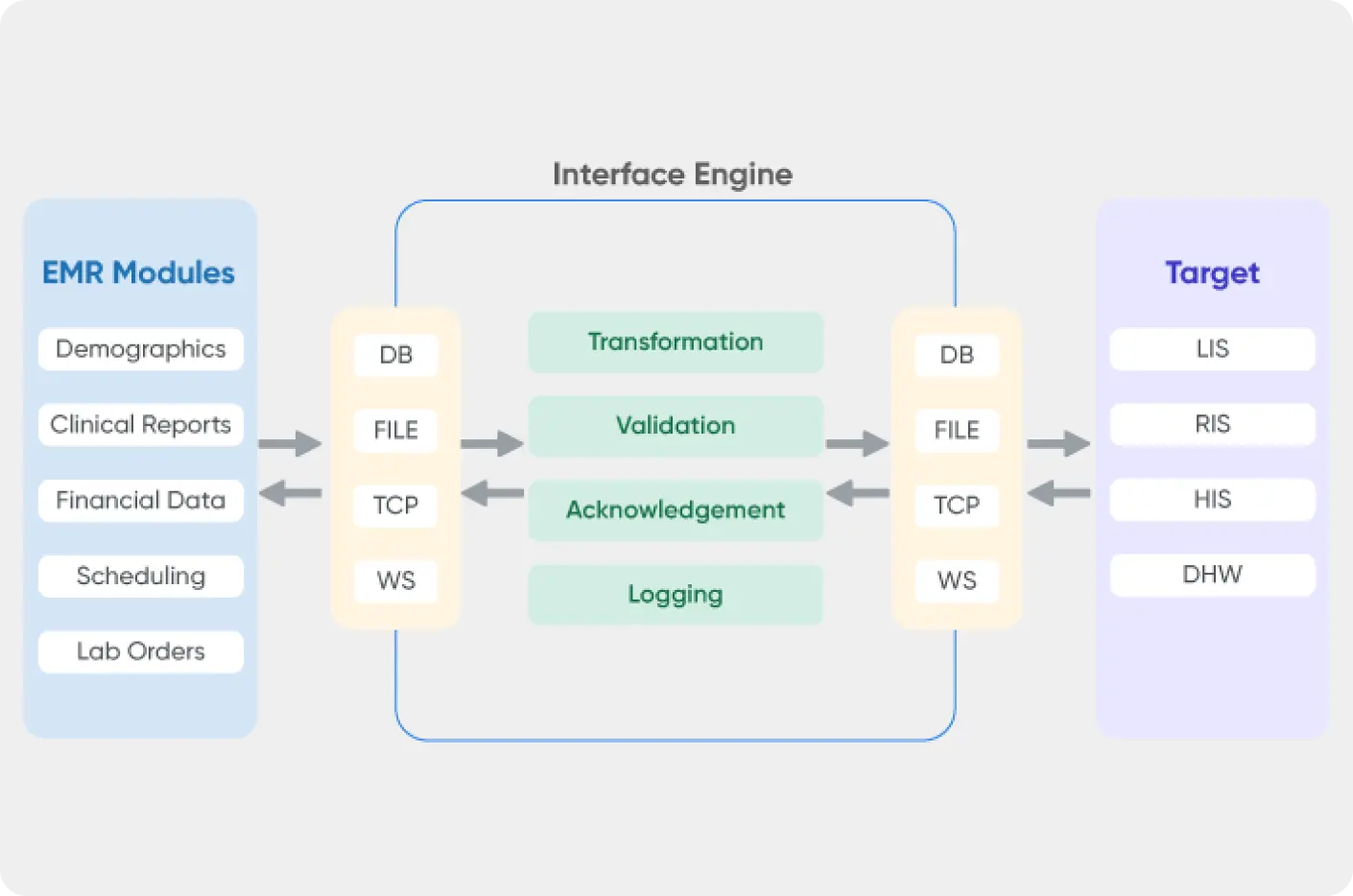
- Cloud-Native Integration
- AI-powered Data Mapping & Transformation
- API Gateway & Microservices Architecture
- Smart Data Governance & Auditing
- Automated Legacy System Modernization
Improve remote monitoring with access to real-time patient health vitals by integrating your custom healthcare software with medical devices and wearables. Delivery of timely care and improved preventive care practices with better continuous remote patient monitoring practices.
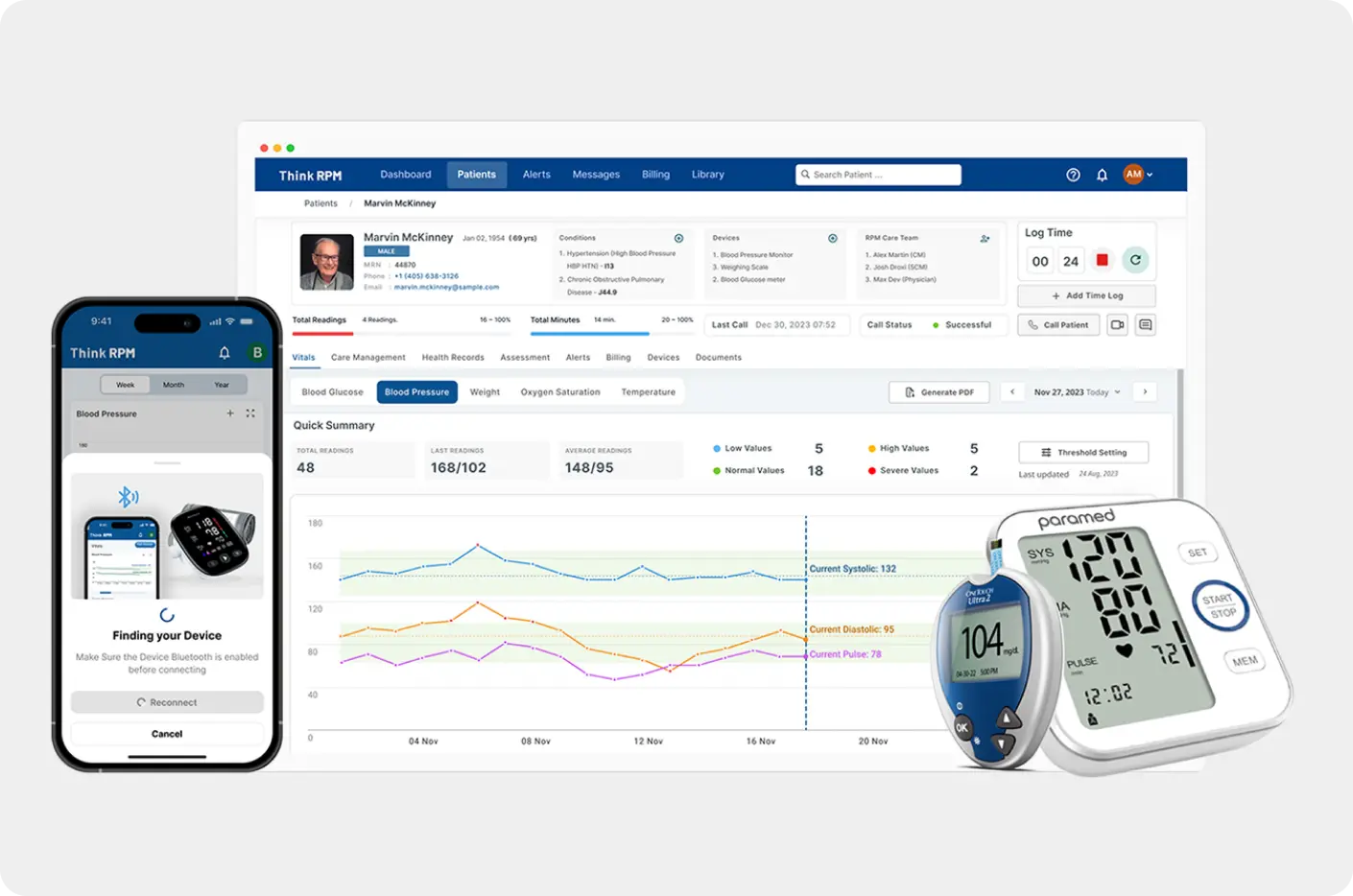
- Real-Time Data Synchronization
- Automated Alerts & Notifications
- EHR Integration
- Customizable Health Dashboards
- AI-Powered Predictive Analytics
Bring that efficiency to your care delivery with a faster diagnosis with lab integration to seamlessly share and update patient test results directly in the EHR system. Along with that, reduce the margin of error if not eliminated in medication and prescription with ePrescription integration in your healthcare software system.
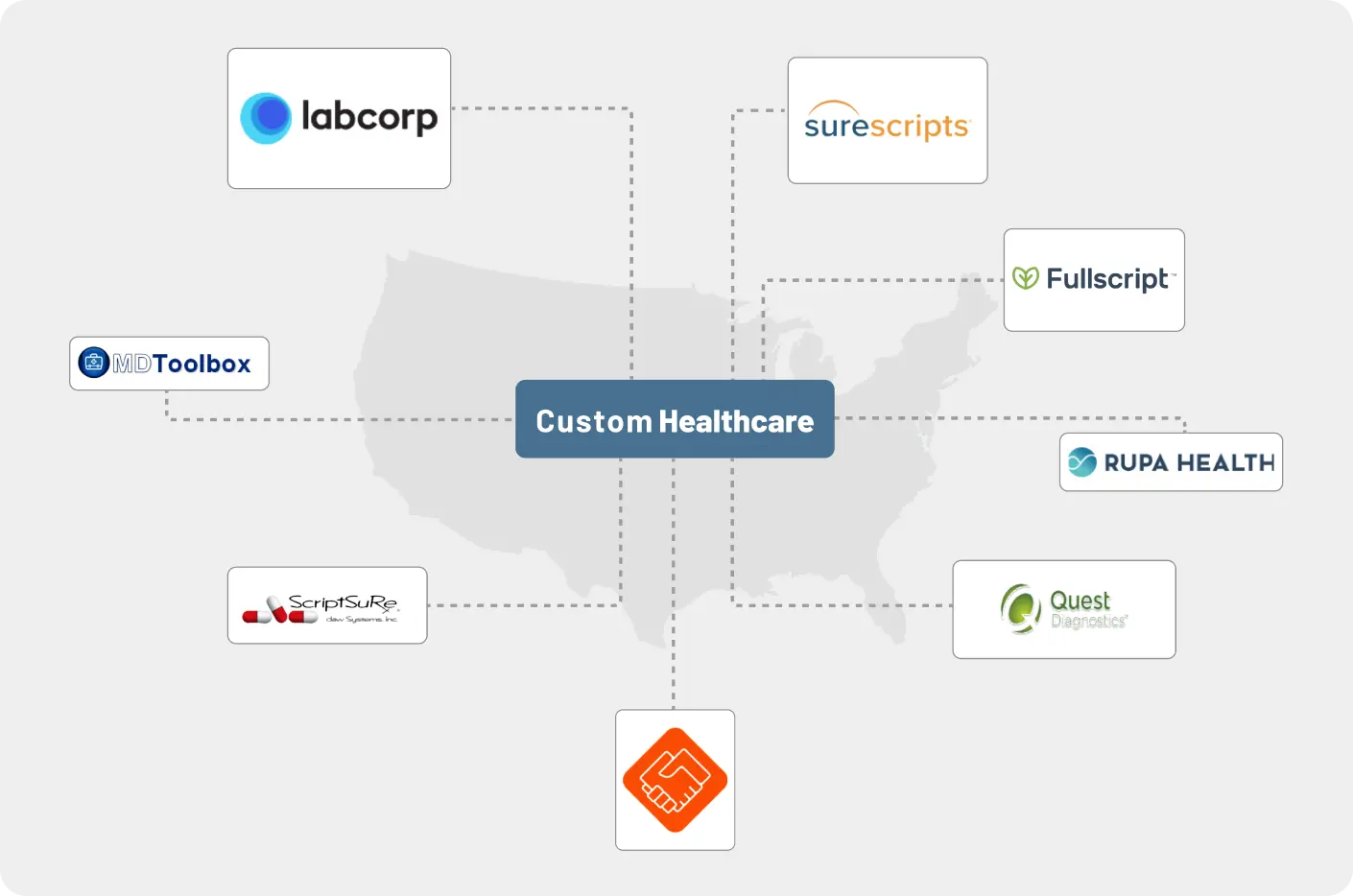
- Seamless Lab Order Management
- Real-Time Test Result Syncing
- ePrescription with Drug Interaction Checks
- Customizable Order Sets & Templates
- Mobile & Remote Access for Physicians

Trust 125+ Clinics and 1465+ Providers Who Entrusted Thinkitive!
Thinkitive automates processes to save time and money








Clients Testimonials
Join 150+ Happy Clients: See What They Have to Say
We've successfully collaborated with 150+ satisfied clients, and 95% of them have expressed their satisfaction with our medical software development company.
Cost & Timelines
Timely & Affordable Custom Healthcare Interoperability & Integration Services
We deliver secure and feature-rich custom healthcare integration and interoperability services within your budget and set timeframe.
Complexity
Software complexity (its functionality scope)
Type
Software type (e.g. web, mobile, desktop)
No. of Users
The expected number of users
Integrations
The required integrations as per regulations
Compliance
Regulatory compliance requirements
Security
Performance, security, usability and accessibility requirements
Deployment
The chosen deployment model (e.g. on-premise, cloud)
Sourcing
The sourcing model (in-house, outsourcing) & team composition
We deliver healthcare software in the following timeframes
1 Week
Medical software project starts within 1 week
2-4 Months
MVP release
Every 2-4 Weeks
New healthcare software versions

Need a Tailored Healthcare Software Cost Estimation?
Just answer some simple questions prepared by our consultants - it won’t take long.
Case studies
Transforming Success Stories of Custom Healthcare Interoperability & Integration Services
Empowering Healthcare Technology Innovation
250+
Healthcare Projects
400+
Healthcare Experts
98%
Client Retention Rate
150+
Healthcare Customers
50%
Cost Saving on Development

Engagement models
Affordable & Flexible: Engagement Models for Every Need
Our flexible engagement models allow us to customize our services to meet your unique needs. Whether you're looking for a dedicated team, project-based work, or ongoing support, we have the right solution for you.
I have a requirement and want
to pay a fixed price
Share your project requirements, and our team will conduct a discovery call to understand your needs in detail. We'll provide a clear project estimate and deliver high-quality work. Pay only upon project completion and your satisfaction, ensuring you're never overcharged.
I want to hire a healthcare software developers
on an hourly basis
Hire dedicated developers with 160 hours of focused attention each month. Enjoy peace of mind with transparent billing, daily timesheets, and our unwavering commitment to your success. Benefit from the expert guidance of our complimentary Delivery Manager.
SAVE
EXTRA 20%
Pre-Built Components
Build Your Custom Healthcare Software Rapidly by Leveraging Pre-Built Components
Our pre-built components for medical billing, practice and patient management, etc., help to quickly address the unique needs.
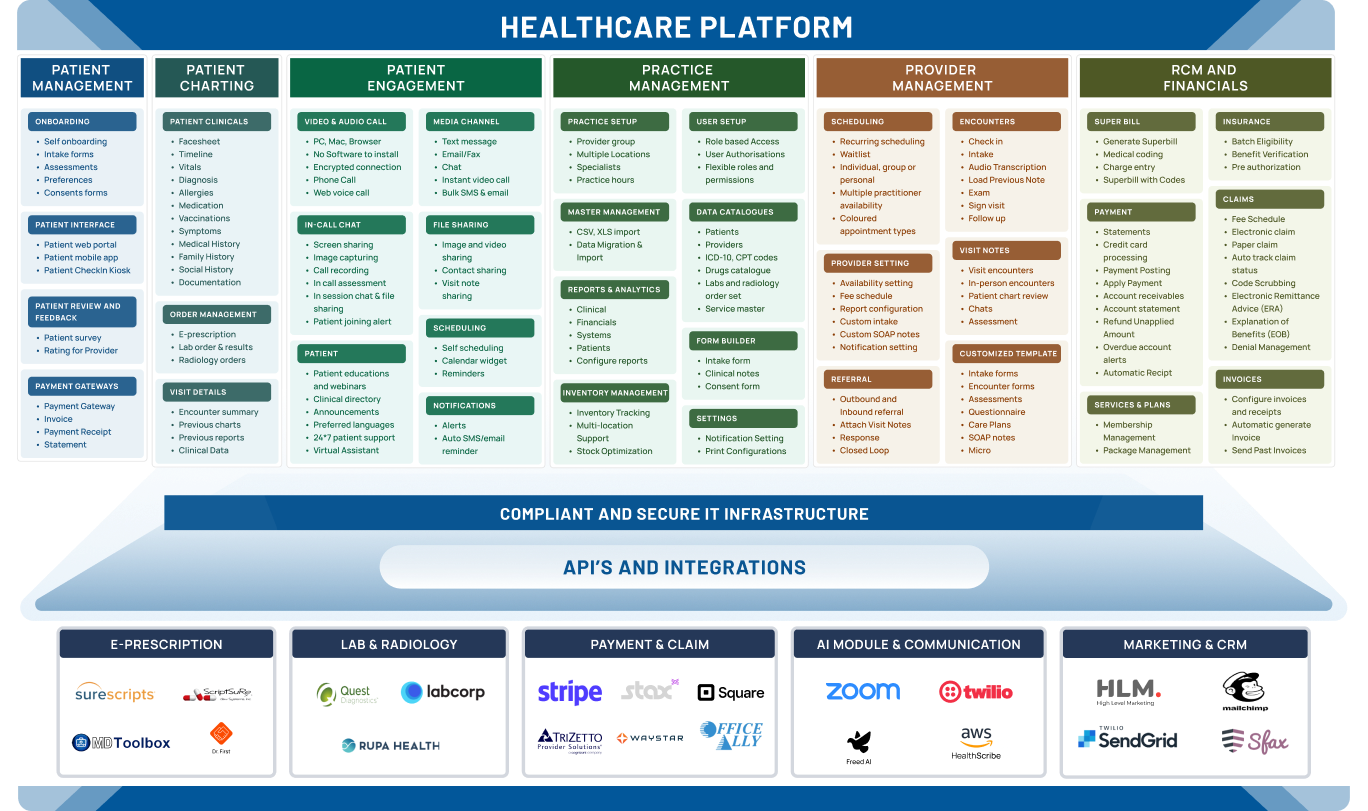

To Develop Custom Healthcare Software Development
Domain-specific Accelerators & Frameworks
End to End Healthcare Digital Transformation
Interoperable Data systems
Assured Compliance & Security
Proficiency in Healthcare Standards
AI & Analytics Powered App Insights
Integration
API-based Connectivity through our Robust Integration
ePrescription & Labs Integration
We provide custom healthcare software development ... services with ePrescriptions and Labs integration to enable you to send orders directly from the healthcare system. These integrations offer multiple benefits, from reducing errors to improving clinical efficiency and reducing the overall cost of care for both patients and providers.
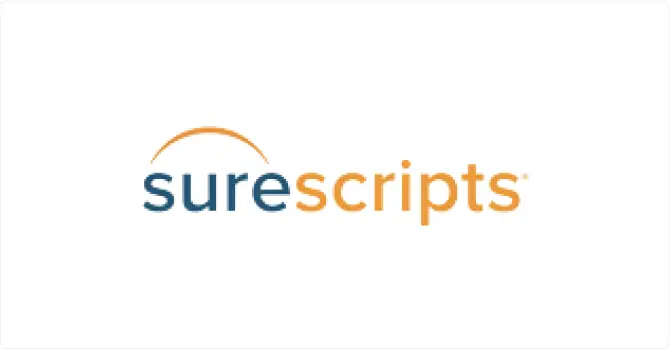
Surescripts
Surescripts is the leading ePrescription network that helps improve medication ... safety and convenience for patients, providers, pharmacies, and payers. Integrate Surescripts during custom healthcare software development to enable secure electronic ePrescription and real-time access to patient medication history.
Billing & Payment
Safe, secure, and seamless healthcare transactions with our billing, ... payment, and point-of-sale integrations into your custom healthcare software solutions. Give your virtual care practice a comprehensive real-life healthcare ecosystem.
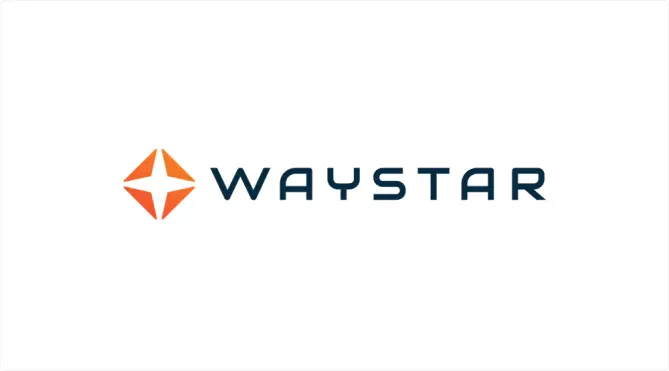
Waystar
Waystar provides healthcare revenue cycle management solutions. Streamline claims processing, reduces denials, and optimizes revenue capture through automation and AI, improving financial efficiency for healthcare organizations with Waystar.
Communication
Facilitate real-time communication with patients via various ... media, all from your custom healthcare software solution. Give your virtual care practice a comprehensive real-life healthcare ecosystem.
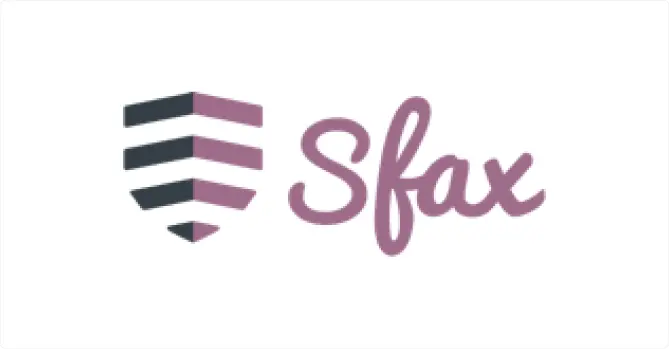
Sfax
Sfax is a secure faxing solution designed for healthcare. Integrating it during healthcare web app development enables secure exchange of patient information like faxes within the system, ensuring patient data privacy and compliance with HIPAA regulations. This streamlines communication and protects sensitive medical information.

Tired of Inefficient Healthcare Workflows?
Thinkitive automates processes to save time and money








Framework & Technology Expertise
Our Software Developers' Framework & Technology Expertise
Leverage the expertise of experienced healthcare software developers and healthcare software development teams in a wide range of technologies and frameworks.
Back-end Programming Languages
Front-end Programming Languages
Languages
Javascript Frameworks
Mobile
Cloud
Databases/Data Storages
SQL
NOSQL
Platforms
THINKITIVE’S HEALTHCARE SOFTWARE DEVELOPMENT PROCESS
Affordable Development Anytime, Anywhere
Our skilled healthcare software developers have expertise in understanding the unique clinical needs and requirements of the healthcare practice.
- Domain Expert
To understand clinical and end-user needs.
- Business Requirements
To make market-fit solutions.
- Wireframes & User flows
To define software functions and functionalities.
- Dynamic UI/UX
Elevated experience for patients and providers.
- Sprint Creations
To plan the healthcare software development.
- Coding & API Integration
Software coding as per necessary compliances.
- Manual Testing
For manually checking software functionalities.
- Automation Testing
Scripting for testing software functionalities.
- Rigorous Testing
End-to-end thorough testing of the software.
- Secure & Compliant
Ensuring the healthcare system infrastructure is secure and HIPAA compliant.
- Integration
Application Integration for deployment.
- Maintenance & Support
User feedback and audits for continuous improvement.

Need to Design, Develop, or Improve
Healthcare Software?








Frequently Asked Questions
Get answers to all your questions
Still have questions ?
Everything About Healthcare Software Development
Healthcare Software Development Blogs
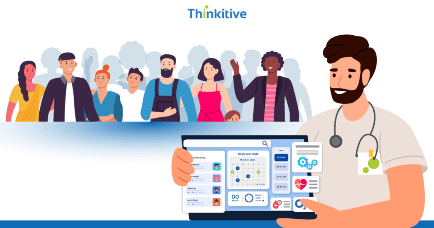
Custom Healthcare Software for Population Health Management
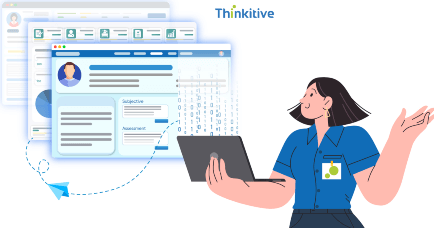
The Role of Healthcare Software Developers in Digital Transformation
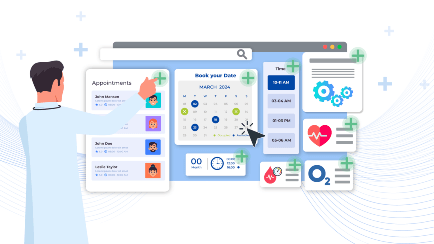
Benefits of Custom Healthcare Software for Small Practices & Clinics


